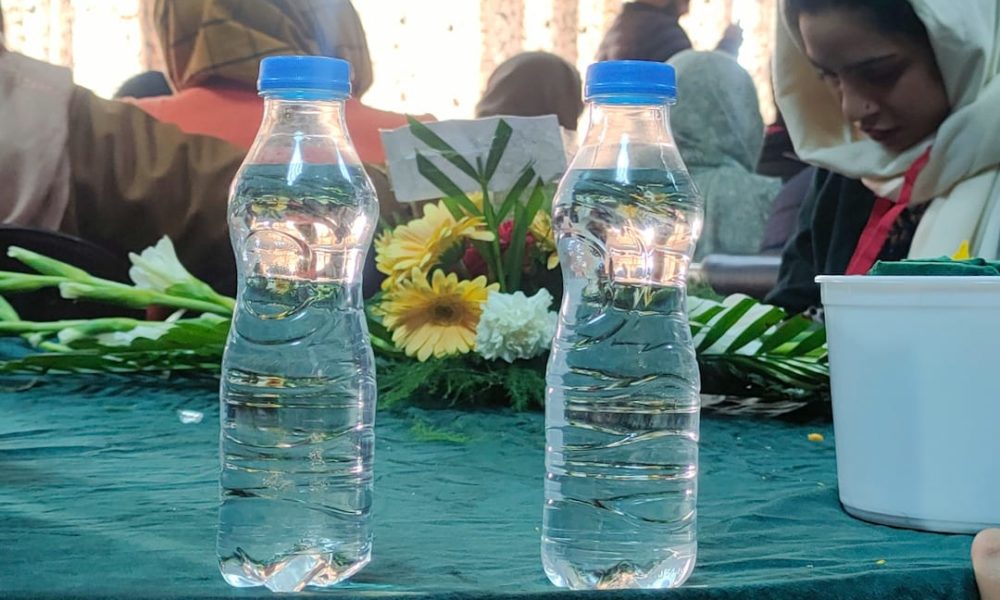FSSAI classifies packaged drinking water as high-risk food

New Delhi: The Food Safety and Standards Authority of India (FSSAI) has classified packaged drinking water and mineral water under the “high-risk food” category, requiring stricter safety checks.
This decision follows the government’s October move to eliminate the need for Bureau of Indian Standards (BIS) certification for these products.
Under the new guidelines, manufacturers must undergo mandatory inspections before obtaining licenses or registrations. Additionally, businesses in high-risk categories are now subject to annual audits conducted by FSSAI-recognised third-party food safety agencies.
The classification of packaged water as “high-risk food” does not imply that it is unsafe but rather ensures enhanced safety protocols through regular inspections and audits. This measure aims to maintain the highest quality standards for consumers.
Previously, the industry had called for simplified regulations, including removing the dual certification requirement from BIS and FSSAI, which posed challenges such as increased costs, procedural delays, and administrative burdens. The government’s revised approach now streamlines these processes, focusing on risk-based inspections and annual audits.
High-Risk Food Categories Defined
FSSAI defines high-risk foods as those requiring consistent monitoring to ensure safety and quality. These foods undergo regular audits by recognised agencies and inspections by food safety officers. Other high-risk categories include:
– Dairy products
– Meat and poultry products
– Fish and seafood
– Eggs and egg-based products
– Nutritional and fortified foods
– Indian sweets and prepared foods

State and UT food commissioners oversee the inspection process to ensure compliance and implementation of food safety measures.





